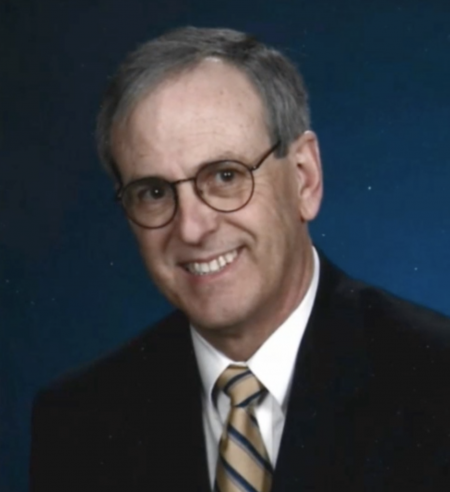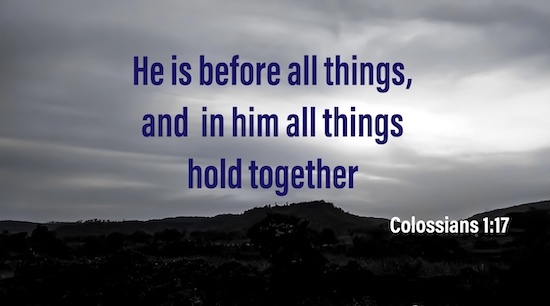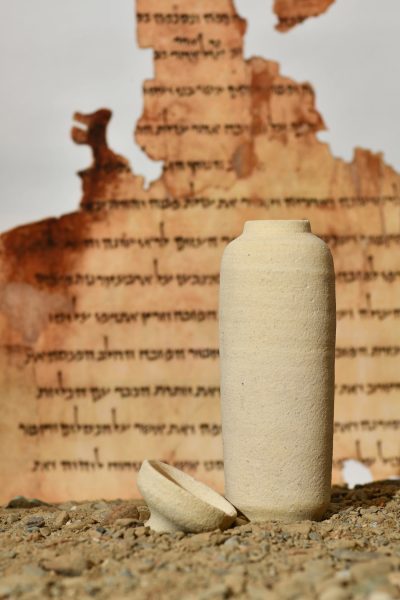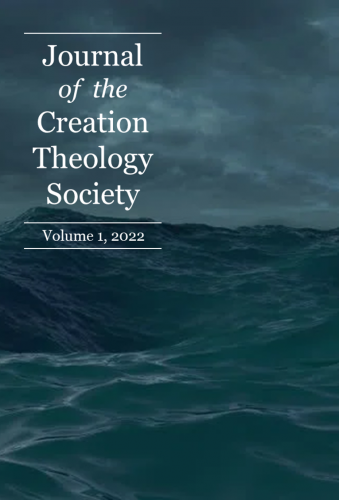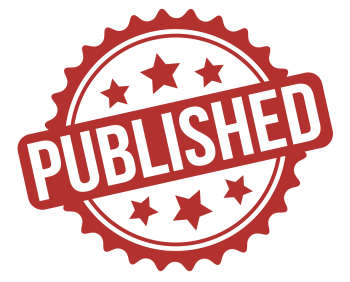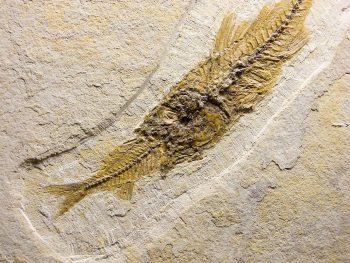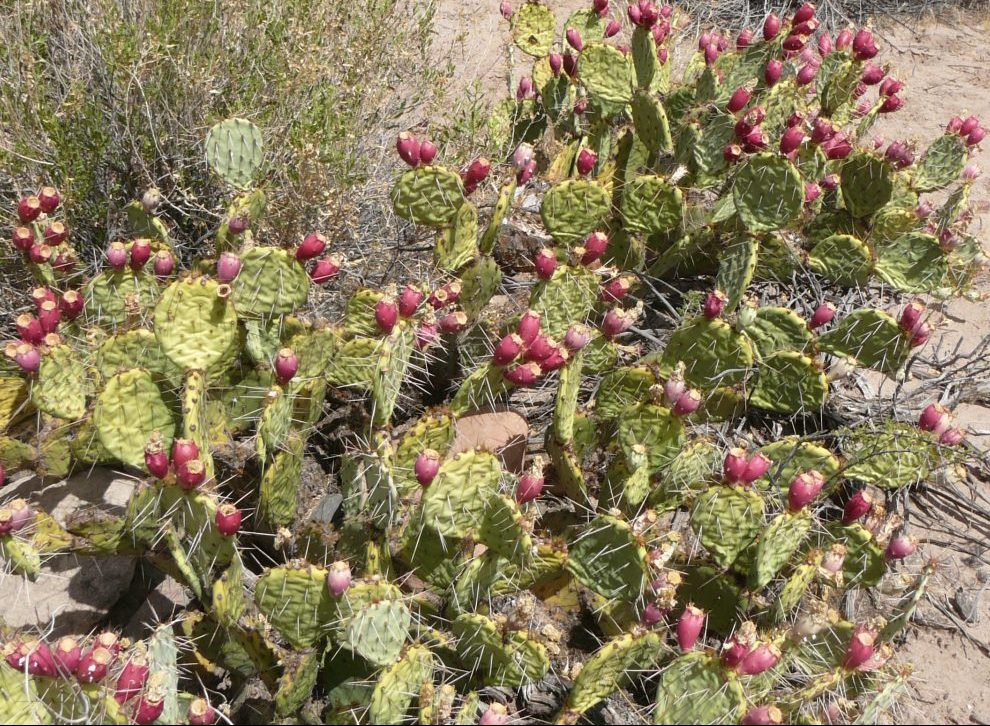Today (April 30, 2023) the board of the Creation Theology Society finalized a statement calling for unity and civility in our interactions with one another as fellow young age creationists.[1] We ask that you read the statement and consider becoming a signatory by requesting that we add your name to the list of signatories at the end of the document. You can access the statement here, or by means of the link in the banner at the top of the website page, or by going to the statement by means of the drop-down menu under About at the top of the home page.
Our founding documents call for us to be a society committed to biblically based theology and irenic engagement with fellow members and all other persons pursuing the study of the events recorded in Genesis 1–11. It is our hope that many individuals will commit themselves to the principles enunciated in “A Call to Unity.” Our prayer is that it will encourage us to model a Christlike behavior in all of our interactions formally and informally, personally and publicly.
Endnotes:
[1] We are using “age” in place of “earth” because we believe the universe is also young, not just the earth.

